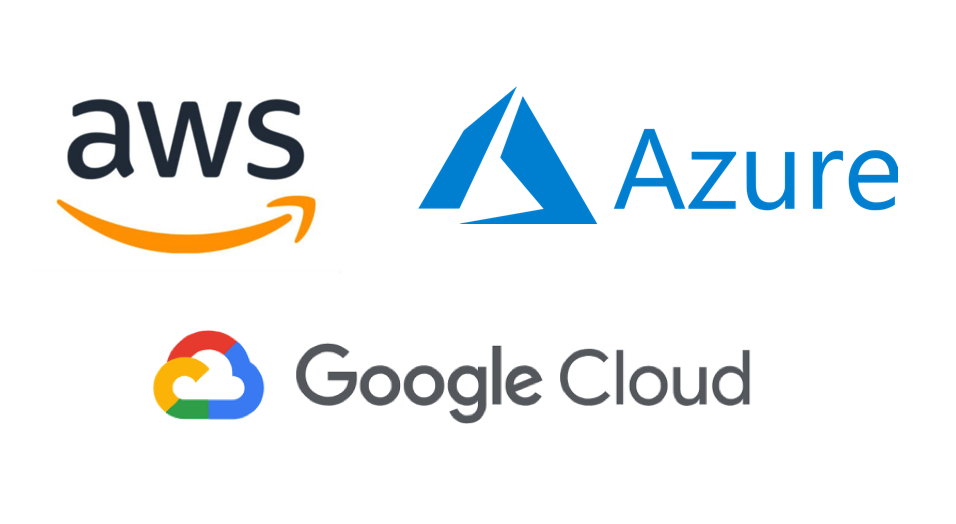This question is asked all the time. A couple months ago someone requested my answer to this question on Quora and I responded. It’s a question I have answered hundreds of times as a consultant advising companies on their cloud strategies.
The use cases and consumption of cloud services can vary quite a bit from organization to organization. And the motivation to adopt cloud services can be driven by lots of different priorities. Based on my experience working with many different customers, these are the key reasons why organizations need cloud services today.
Reduce Costs
Yes, this is possible. If you do it right. Some people argue that the cloud is more expensive. I say hogwash – it doesn’t have to be. You will incur more expense if you don’t have a strategy and a plan to leverage cloud resources appropriately. For instance, when you lift and shift your infrastructure to the cloud without optimization, then yes, it’s going to be painfully expensive.
However, for those that spend time doing things right, by planning how to properly leverage cloud resources with the proper controls and automation in place, you can save money. Lot’s of money.
Improve Reliability
Unless you have a virtually unlimited budget you will be hard-pressed to create resiliency that compares to that of the modern cloud. Companies who want to improve their reliability and disaster recovery options often look to cloud services for those answers. AWS and Azure both offer incredible multi-region, multi-zone infrastructure. Accomplish reliability goals that were once only dreams. Today you can deploy fault tolerant apps and services within a very short amount of time. Here we are years after cloud has become mainstream, yet this benefit is still something to marvel at.
Improve Performance
The ability to scale at will and at the right times is a big benefit. Before the cloud you would have to purchase and provision infrastructure capable of meeting that type of demand and capacity. Which is typically a CapEx sunk cost, and then you have dormant capacity for the rest of the year. What. A. Waste.
For example, take the need to scale operations for retail eCommerce around the holidays. Cloud services allow incredible flexibility to do so with basically an infinite amount of scaling capacity. The old way ended up wasting a lot of resources that you only needed for short bursts of time. The new way gives you just the right amount of performance only when you need it most.
Improve Security
To implement security measures, physical and digital, to protect core cloud infrastructure would cost an arm and a leg. Very few organizations can take on such a task. As AWS famously states, they are responsible for security of the cloud and you are responsible for security in the cloud.
Cloud providers carry the burden of the core cloud infrastructure (physical and virtual). Good news! Now you don’t have to worry about it. Cloud consumers are responsible for what they do in the cloud and have more control and options than ever before.
Here’s one example that has come into focus in recent years; privacy and data sovereignty. You can address key data privacy concerns by leveraging other geographical regions of the cloud. That will help you comply with data sovereignty requirements. Imagine the cost involved in deploying your own data center or co-location space in another country to meet this need. It wasn’t very long ago that people still did that (in fact some still do). Today, it’s a matter of configuration without ever having to leave your country. Or your seat.
Improve Overall Efficiency
Deploying and consuming cloud resources quickly gives companies great flexibility to try new things with almost no lead time. Automation is key here. Think about this. The ability to script out your infrastructure (Infrastructure as Code) and deploy it within minutes to different regions is pretty incredible. Not to mention the benefit of versioning your infrastructure changes over time.
There are tons of other advantages in the efficiency category. Here are a few of my favorites. Automating changes, self-healing infrastructure, monitoring and reporting leading to better visibility and control of your environment, and the DevOps culture of continual improvement.
Increase Innovation
All of the points above can help you achieve specific goals for your organization. Holistically, these benefits (or reasons for using cloud services) allow you to innovate like never before. Here’s a few examples:
- You can test things more quickly without incurring much expense
- Launch new solutions in record time and not have to compromise on security
- Tap into powerful services with ease that would have been nearly impossible a decade ago
Conclusion
The above points are summarizations of things I hear from all types of customers exploring cloud services. It’s not an exhaustive or in-depth list. Nor is it meant to be. But it provides some of the most common reasons why any organization would be interested in the cloud. My list is also heavily influenced by the excellent well-architected framework by Amazon Web Services. I hope you found this useful! You can read my answer to this same question on Quora too.
By the way, I help customers by providing objective assessments of their AWS environment(s). You will receive a well formatted document highlighting key areas of your account and recommendations to improve security, cost, performance and reliability. In most cases customers have ROI on this service within weeks and we uncover things they had no idea were going on in their environment. Check out my services page for more info.

Leave a Reply